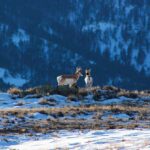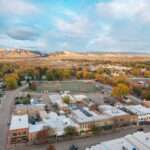Johnson County emerged during some one of the most wild and western days in history. From outlaw country to Indian territory, get an inside peak into the stories and even stand in the exact places where this history was made.
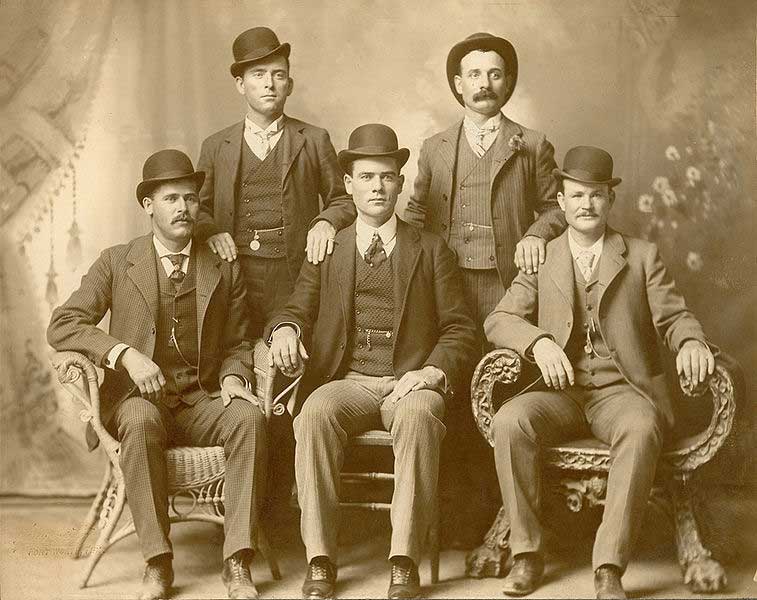
Johnson County’s Rich History
Butch Cassidy & the Sundance Kid
A notorious bank and train robber, and leader of the Wild Bunch Gang, Cassidy was known as the “Robin Hood of the West” for sharing his loot with folks whose lives were ruined by cattle barons and bankers.
Considered a “gentleman” who preferred bowler hats and the finer things in life, it is reported that he never killed a single man throughout the entirety of his “career”.
Between robberies, the Wild Bunch would lie low at the Hole-in-the-Wall. Outlaw gangs the likes of Jesse James (among others) holed up at famous hideout southwest of Kaycee as well.

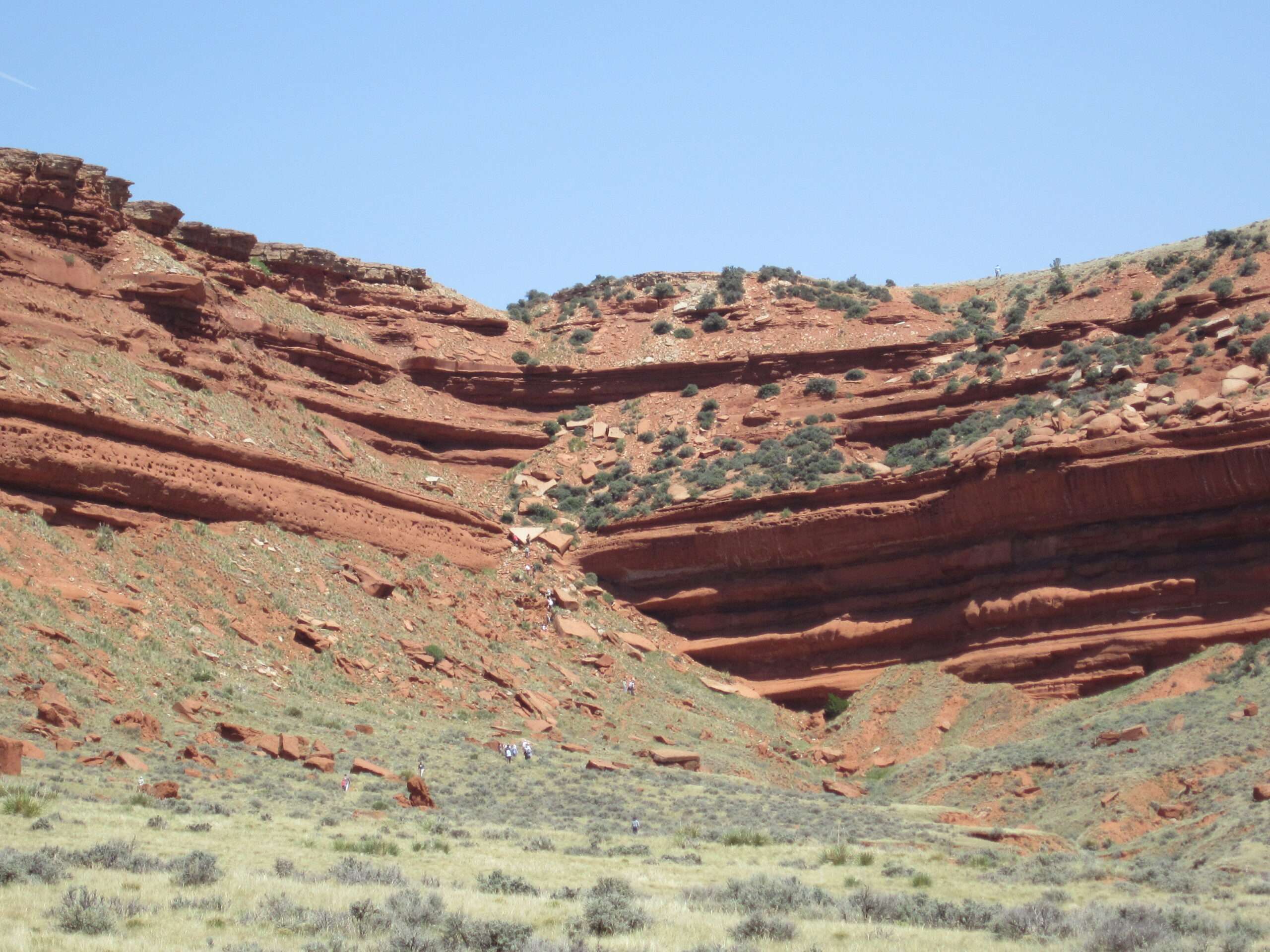
See it for yourself
Visit Hoofprints of the Past Museum in Kaycee to immerse yourself in the history of Outlaw Country and sign up for a guided tour of this and other historical areas. www.hoofprintsofthepast.org
Johnson County Cattle War
During the late 1800’s the Johnson County Cattle War erupted between homesteading ranchers and the cattle barons of the Wyoming Stock Growers Association. Homesteaders were excluded from roundups and forced off their land. In retaliation, they founded their own cattle association to protect their herds during the roundup season.
Nate Champion
The WYSGA put out a “hit list” of these homesteaders, who were labeld as rustlers.
Leader of the homesteaders association efforts, Nate Champion, was considered their most wanted target. In the spring of 1892, the WYSGA invaded Johnson County with intentions of taking control of the area, and cornered Champion and Nick Ray at the KC Ranch.
Champion held them off long enough for news of the invasion to reach Buffalo, but was gunned down after the burning down of the ranch house.
Learn more
Jim Gatchell Museum – Buffalo – www.jimgatchell.com
Hoofprints of the Past Museum – Kaycee – www.hoofprintsofthepast.org
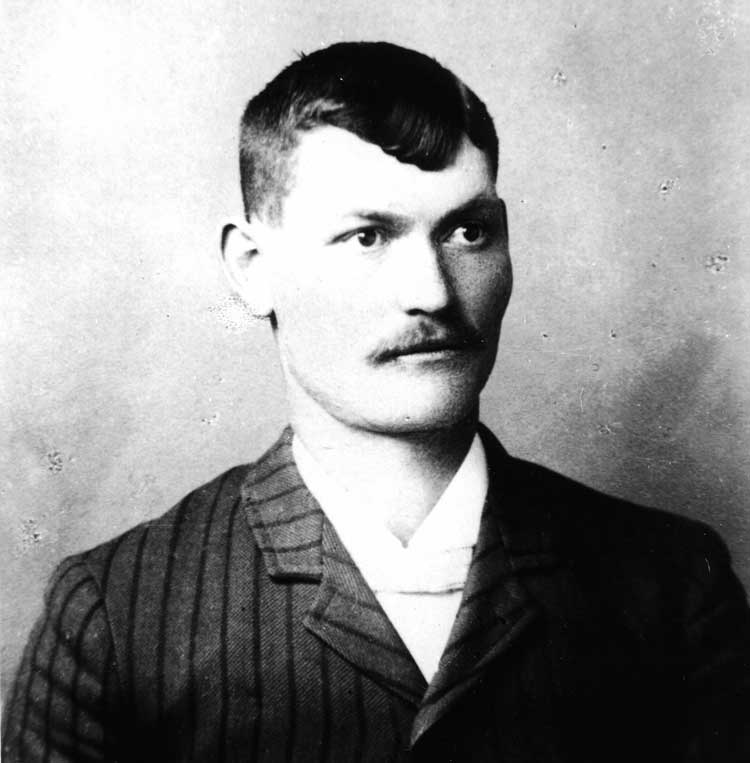
Take a Walk into Indian Territory
The Dull Knife Battle
In 1876, Dull Knife, chief of the Northern Cheyenne, reluctantly led his people to fight alongside Crazy Horse and Sitting Bull at the Battle of the Little Bighorn against Custer.
That winter, Dull Knife and his people fell victim to the U.S. Army’s retaliation campaign while they were camped along the Powder River near Kaycee. The raid that ensued was the last great frontier battle, and Dull Knife’s final fight for freedom.
To visit, contact the Red Fork Ranch for tour info. www.redforkranch.com
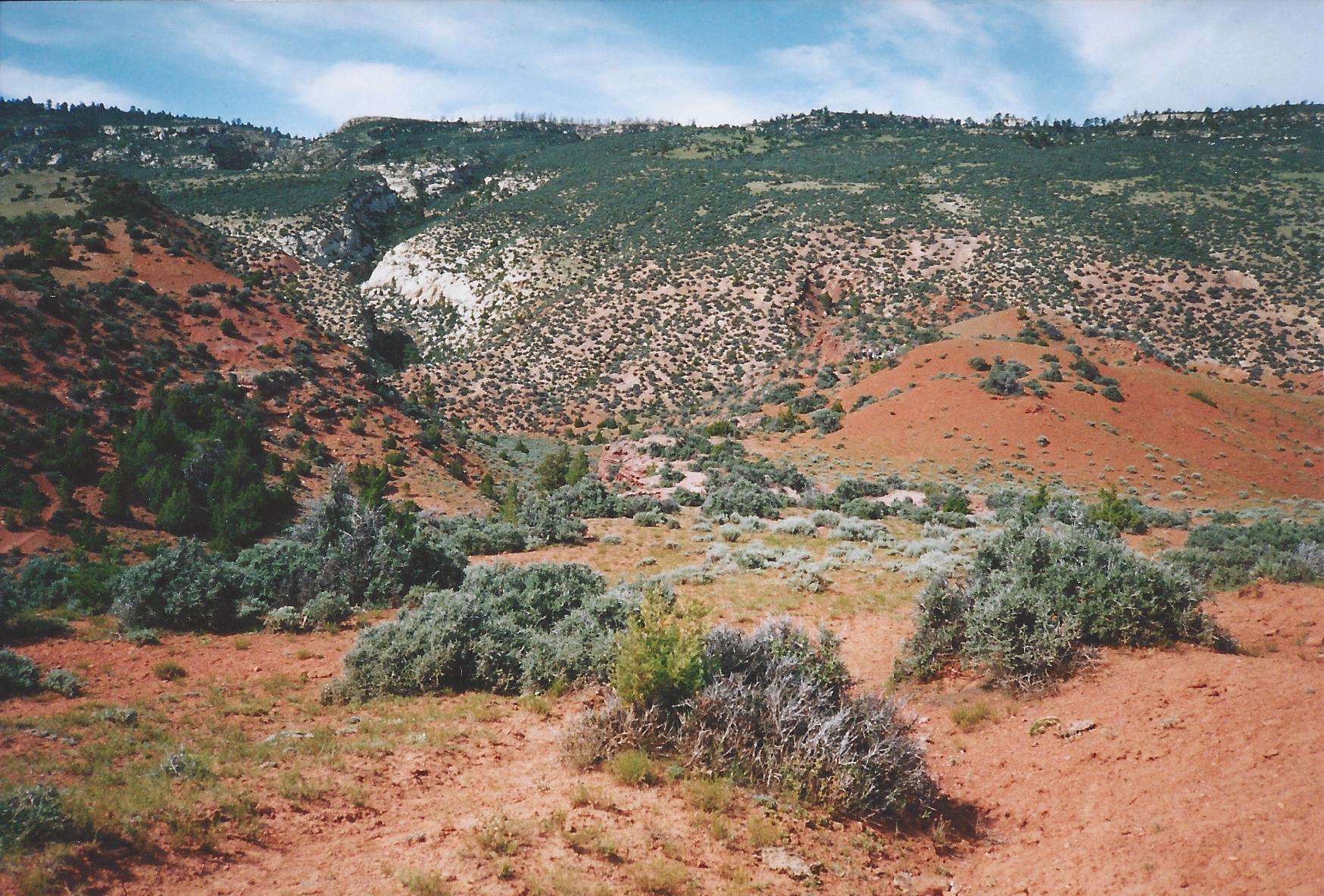
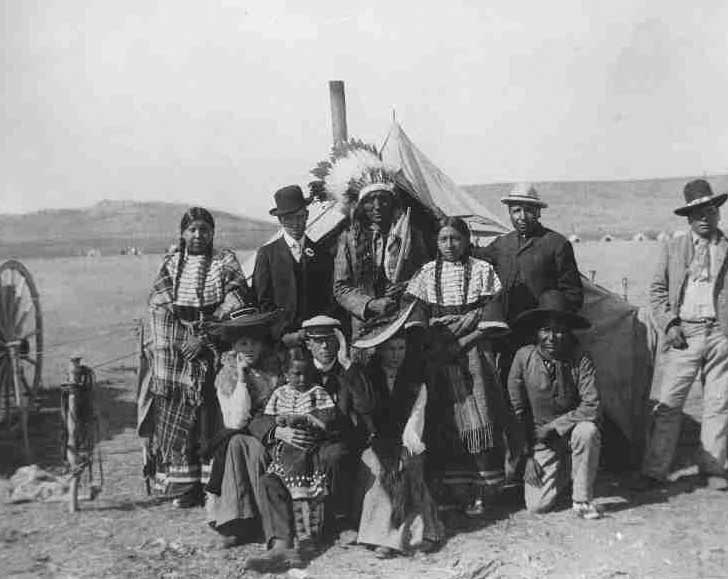
Fort Phil Kearny
The site of the preserved Fetterman Massacre and Wagon Box Fight battle sites, the Fort Phil Kearny Interpretive Center offers additional Native American history, guided tours, events & dramatized historical accounts.
Just 12 Miles north of Buffalo. www.fortphilkearny.com
